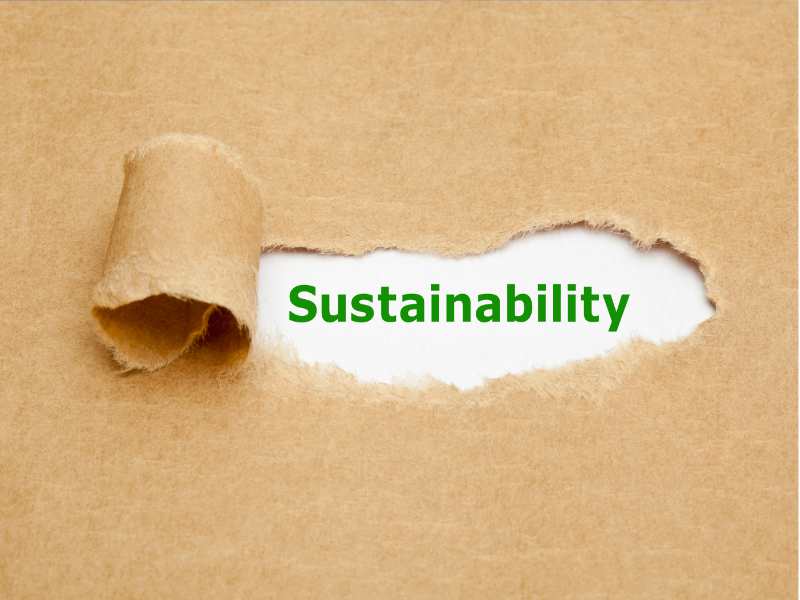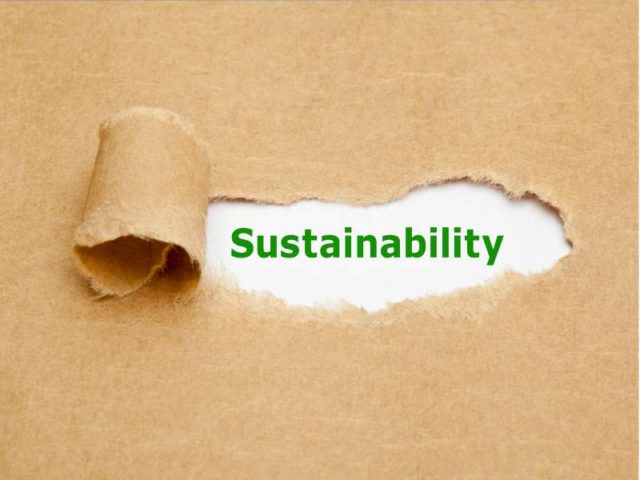The City Climate Finance Gap Fund (The Gap Fund) has been launched to pave the way for low-carbon, resilient and livable cities in developing and emerging economies by unlocking infrastructure investment at scale.
The Gap Fund has been launched by ministers and directors of the Governments of Germany and Luxembourg together with the World Bank, European Investment Bank and Global Covenant of Mayors.
The new initiative will be implemented by the World Bank and the European Investment Bank.
The programme will support city and local governments facing barriers to financing for climate-smart projects.
Filling a gap in available project support, the Gap Fund offers technical and advisory services to assist local leaders in prioritising and preparing climate-smart investments and programmes at an early stage, with the goal of accelerating preparation, enhancing quality, and ensuring they are bankable.
Related articles:
EU firms not prioritising energy efficiency reveals new EIB report
World Bank and Infra Asia partner on sustainable infrastructure development
The Gap Fund was announced at the UN Climate Action Summit 2019 as a key initiative of LUCI, the Leadership for Urban Climate Investment, which promotes financing for ambitious urban climate action until 2025.
Core donors to the Gap Fund are Germany (€45 million – including €25 million from the Ministry for the Environment, Nature Conservation and Nuclear Safety, and €20 million from the Ministry for Economic Cooperation and Development) and Luxembourg (€10 million).
The Gap Fund investment is aiming to unlock at least €4 billion of final investment in climate smart projects and urban climate innovation.
EIB President Werner Hoyer, said: “There can be no return to business as usual. Our recovery from the COVID-19 crisis must be the opportunity to rebuild better, in particular with respect to the climate and environment. We must also ensure that this recovery leaves no one behind, supporting livelihoods and communities.”
The City Climate Finance Gap Fund is supported by Germany’s International Climate Initiative (IKI) of the Federal Ministry for the Environment, Nature conservation and Nuclear Safety (BMU), the Federal Ministry for Economic Cooperation and Development (BMZ), as well as Luxembourg’s Ministry of the Environment, Climate and Sustainable Development. Other partners include the Global Covenant of Mayors (GCoM) and city networks including Local Governments for Sustainability (ICLEI) and C40 Cities Climate Leadership Group.



